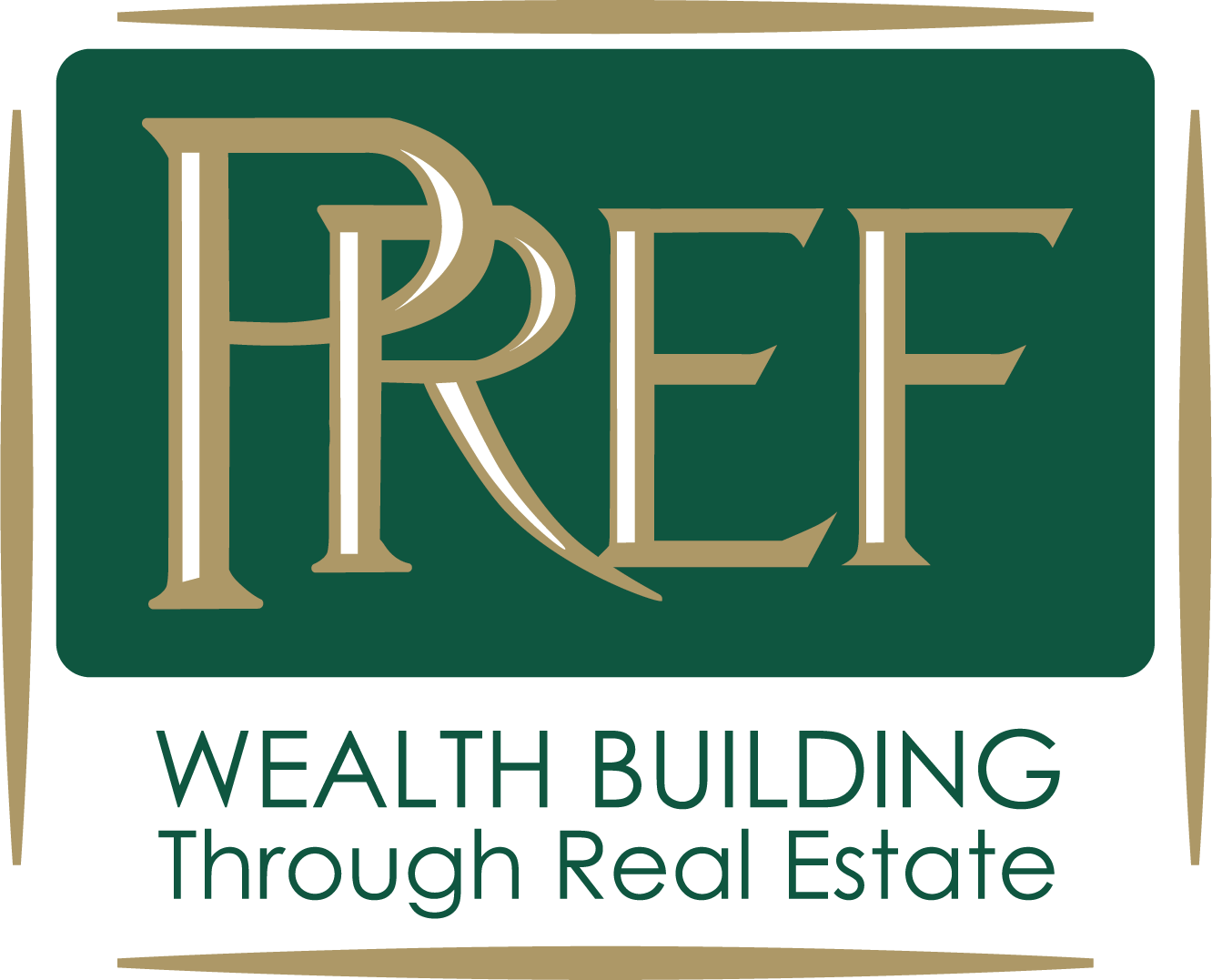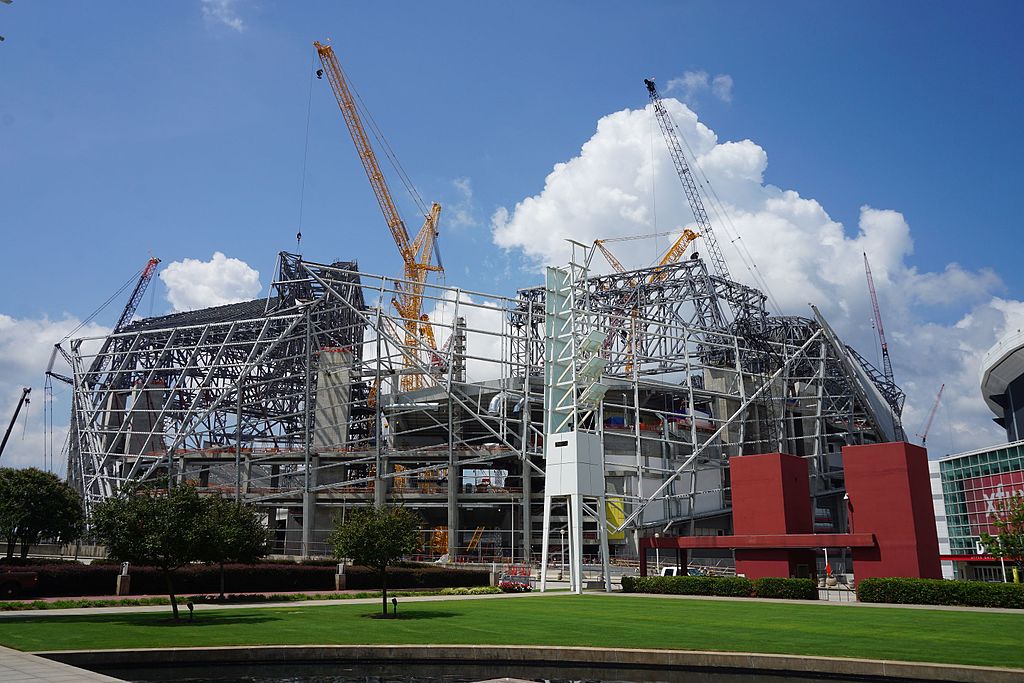Family Offices: Do Your Due Diligence
I recently read the National Real Estate Investor article “Survey Shows Family Offices Falling Short on Due Diligence for CRE Deals.” This article is 100% on point. Investors not familiar with the nuances of private real estate investments do not consider the elevated risks often posed by real estate, which result from its illiquidity, debt, lack of transparency, and reliance on a sponsor. Family-office professional DJ Van Keuren’s questions that family offices should ask during due diligence (modified below from the article) hit the mark. What is the sponsor’s track record? How long has the sponsor been in business? How much of its own money is the sponsor investing in the deal? What are some examples of deals that went south? How did you handle those situations? What is the market demand for this type of property? How many similar projects are in the local development pipeline? Has the sponsor run the numbers












